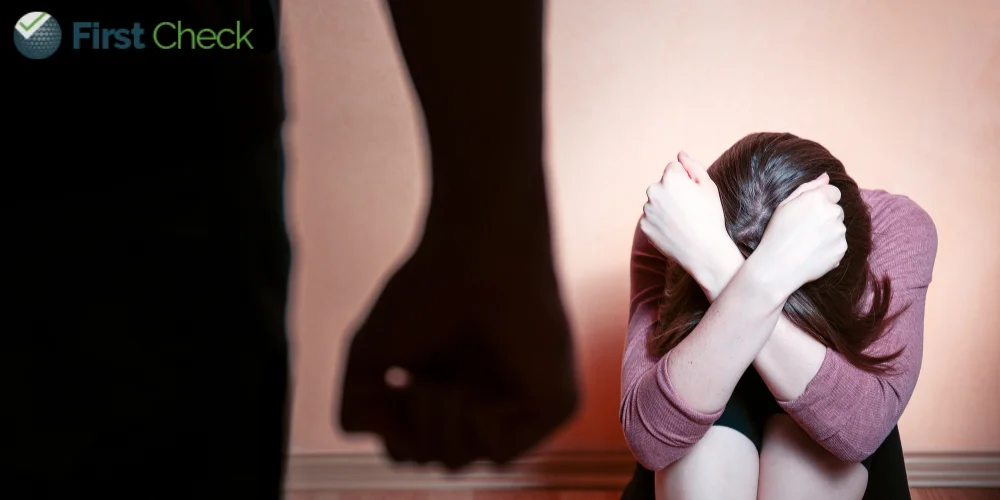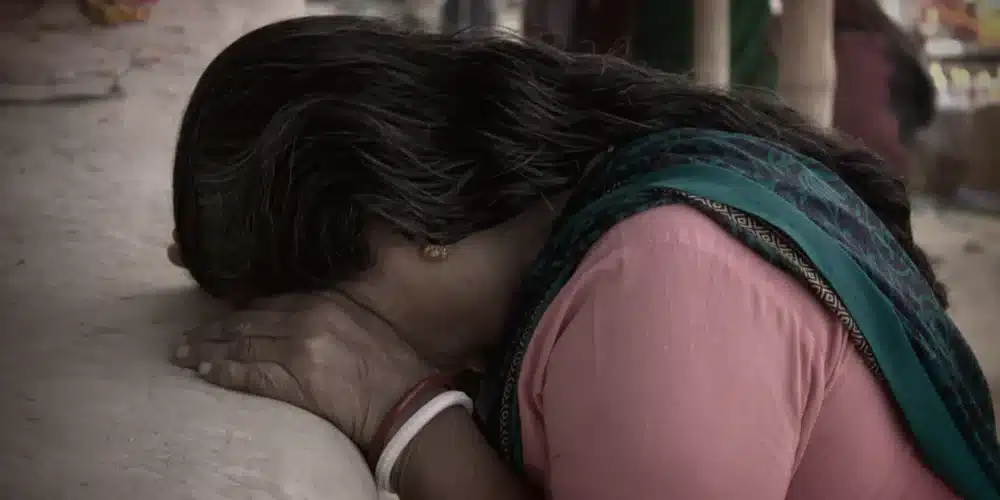WHO recommends a twice-a-year injection for HIV prevention
“Lenacapavir is the next best thing: a long-acting antiretroviral shown in trials to prevent almost all HIV infections among those at risk,” Dr Tedros Adhanom Ghebreyesus, WHO Director-General, said
Author
Author
- admin / 6 months

- 0
- 3 min read

Author
Imagine protecting yourself from HIV with just two injections a year—no daily pills, no complicated routines. That’s now possible, thanks to a new recommendation by the World Health Organization, which has endorsed lenacapavir, a twice-yearly injectable pre-exposure prophylaxis (PrEP) that offers near-complete protection against HIV.
PrEP (Pre-Exposure Prophylaxis) is a preventive method, meant for people who are currently HIV-negative but may be at risk of exposure. For example, daily oral pills like Truvada or Descovy have widely been used as PrEP. When used as prescribed, PrEP builds up protection in the body and makes it much harder for the virus to take hold, offering a powerful tool to prevent HIV.
This announcement, made at the 13th International AIDS Society Conference (IAS 2025) in Kigali, Rwanda, aims to improve the global HIV response by offering a long-acting alternative to daily oral PrEP, particularly for high-risk groups such as sex workers, men who have sex with men (MSM), transgender individuals, people who inject drugs, and adolescents.
Lenacapavir is the first injectable PrEP requiring only two doses per year. Clinical trials, including the Phase 3 PURPOSE 1 and 2 studies, demonstrated near-100% efficacy in preventing HIV infections, with no new cases reported among participants, including pregnant and lactating women.
This makes it a vital option for those facing challenges with daily pill adherence, stigma, or limited healthcare access.
“While an HIV vaccine is still elusive, lenacapavir is the next best thing: a long-acting antiretroviral shown in trials to prevent almost all HIV infections among those at risk,” Dr Tedros Adhanom Ghebreyesus, WHO Director-General, said. “The launch of WHO’s new guidelines, alongside the FDA’s recent approval, marks a critical step forward in expanding access to this powerful tool.”
The WHO also introduced simplified HIV testing protocols using rapid tests to facilitate community-based PrEP delivery, removing barriers like costly procedures.
Despite its promise, lenacapavir’s high cost, which is estimated at $28,218 per person annually, raises concerns about accessibility, especially in low-income countries. WHO has urged an immediate rollout within national HIV programs, alongside data collection to monitor real-world impact.
With 40.8 million people living with HIV and funding cuts threatening progress, WHO’s guidelines offer a bold, evidence-based strategy to sustain momentum and move closer to ending AIDS as a public health threat.
Also read: New HIV gene therapy could end daily pills, say scientists










